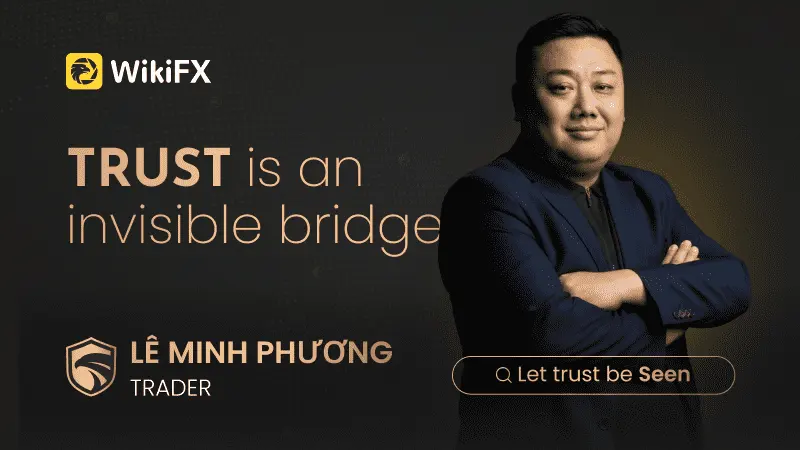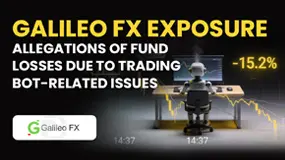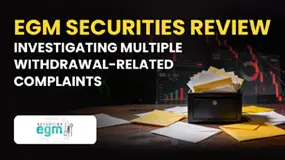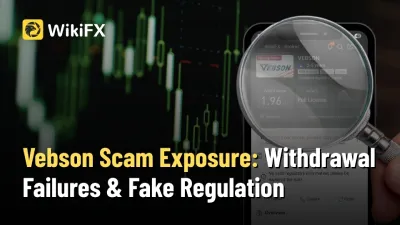Abstract:Global regulatory bodies protect investors against unscrupulous brokers and financial markets. These authorities regulate brokers. We'll identify them and discuss regulation.
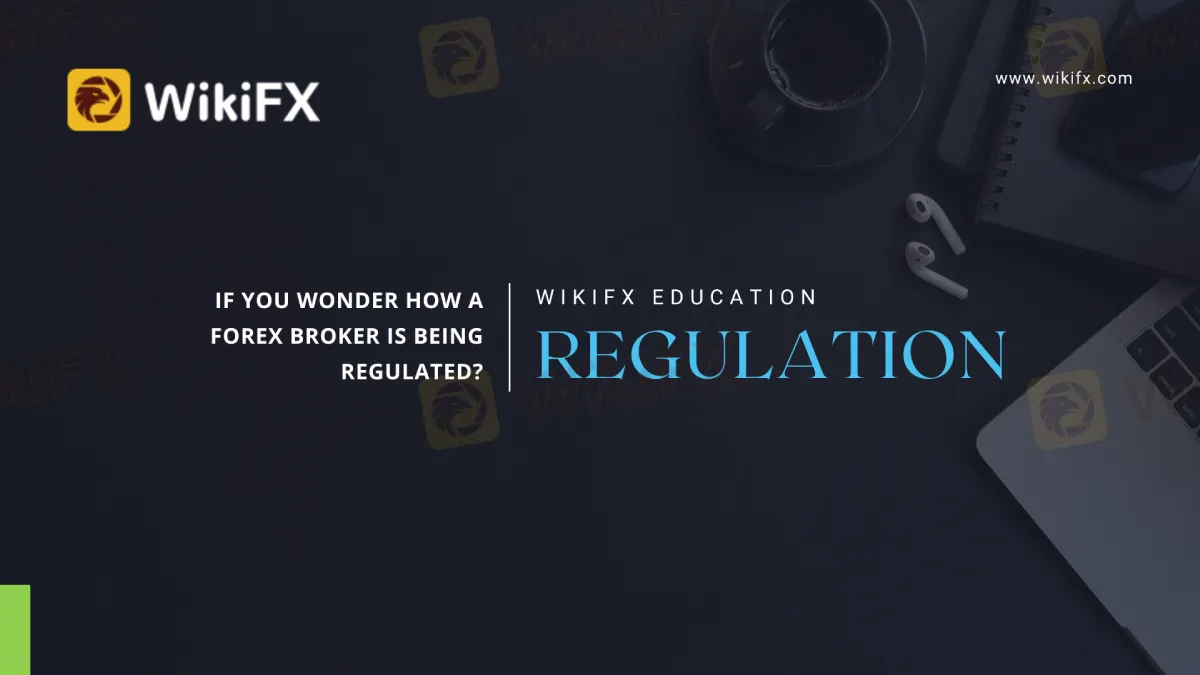
Brokers and financial markets are regulated by regulatory organizations across the globe to safeguard investors from unethical conduct. These regulatory agencies impose rules and restrictions on brokers. We'll look at which ones they are and how regulation works.
One thing to keep in mind is that the regulatory authority only controls brokers in their area. For example, ASIC (Australian Securities and Investments Commission) is an independent supervisory body that oversees the financial services markets and securities transactions in Australia.
So, what does it mean for a broker to be regulated?
In a nutshell, it implies that the broker follows all of the laws and regulations in existence and is granted a license to operate in that area. Regulators provide guidelines for several areas of trading. This includes margin limits, balance safeguards, and minimum capital requirements, among other things.
What do traders gain when they work with a licensed broker?
There are several advantages for traders who use a well-regulated broker.
Transparency – brokers have to submit regular statements and undergo audits. Choosing a regulated broker is a great way to avoid scams.
Risk–regulated trading platforms have to display risk warnings before traders sign up for a trading account. This ensures you know about the average percentage of accounts that lose capital.
Leverage - Regulatory organizations restrict the amount of leverage that traders may employ. This gives an additional degree of protection to traders' money. When trading with leverage, you are borrowing money from your broker and risk losing more than your original investment.
Anti-money laundering — When joining up with a licensed broker, you must pass ID verification and provide evidence of residence. This contributes to the prevention of money laundering.
Financial Compensation - This is provided in the event that your broker fails. CySec-regulated brokers, for example, must establish the Investor Compensation Fund. This assures that you will get part, if not all, of your cash if anything goes wrong.
Segregated funds imply that your money is secure and separate. If you withdraw cash, your broker will always have funds to pay you.
Brokers also profit from regulation. Having a tier-1 regulator monitor their activities adds a lot of confidence and credibility. Another advantage of regulation is that it requires all brokers to follow the same set of regulations and not compete with one another.
What happens if a broker violates the law?
A regulatory agency may conduct a variety of actions. One alternative is to revoke the broker's license, which would have a significant effect on the broker's image. In extreme instances, regulatory organizations may pursue criminal and regulatory measures. These authorities issue notifications and alerts, both locally and globally, to warn investors and prospective clients.
List of regulatory bodies
Not all regulatory bodies are the same. They provide a varying degree of protection and have harsher or more forgiving restrictions.
US-Based Regulatory Bodies
FINRA – The Financial Industry Regulatory Authority regulates the exchange markets and brokerage firms.
CFTC – Commodity Futures Trading Commission was established in 1974 and regulates the U.S. derivatives markets such as swaps, options, futures, and others.
NFA – National Futures Association is a regulatory body headquartered in Chicago. It oversees exchange-traded futures, off-exchange traded foreign currency, and over-the-counter derivatives.
International Regulatory Bodies
MAS – Monetary Authority of Singapore regulates a number of markets in Singapore.
SFC – Securities and Futures Commission is based in Hong Kong and oversees online trading in Hong Kong.
ASIC – Australian Securities & Investments Commission
FCA (FSA) – Financial Conduct Authority is the main regulatory body in Europe.
BaFin – Federal Financial Supervisory Authority is the regulator in Germany.
MiFID – Markets in Financial Instruments Directive is a European regulation that oversees the European Union‘s financial markets. MiFID has strict rules on the regulatory disclosures for brokerage firms’ operations in the EU.
CySEC – Cyprus Securities and Exchange Commission is compliant with the MiFID regulation. A number of brokers have the CySEC license, as they are regarded as less stringent than other European regulators.
Forex Trading Regulation
The foreign exchange market is one of the biggest in terms of the daily trading volume. The daily trading volume tops $5.3 trillion. Countries all across the globe are adopting and revising legislation for the vast FX market. Japan has one of the world's most active retail Forex markets. The FSA governs Japan's markets, including Forex. The maximum leverage permitted is one of the adjustments.
The SEC requires all forex brokers in the United States to be registered with the (RFEDs) Retail Foreign Exchange Dealers. Normal restrictions and procedures are in place to safeguard clients as well.
Copy Trading Regulation
Some regulatory agencies are beginning to control copy-trading brokers. Duplicate trading occurs when traders automatically copy the buy and sell orders of other dealers. Some authorities enacted laws that require trading services to register as investment managers.
Alternative Trading Systems
Alternative trading is a simple mechanism that is not regulated like a standard exchange. As ECNs, these systems matches buy and sell orders (electronic communication network). In most countries, these brokers must register as broker-dealers rather than exchanges. These systems merely match orders electronically and do not have consumer protection standards in place. They are critical in terms of supplying liquidity.
About WikiFX
WikiFX is a Forex trading search engine tool that enables users or traders to check the status of the broker they want to invest with. The portal lists approximately 39,000 brokers, both legal and unregistered. WikiFX's staff has been collaborating with 30 financial authorities from across the world to address any forex concerns raised by traders and expose the unlawful activity of brokers.

WikiFX may also be of great assistance in retrieving the monies that have been defrauded by a fraudulent broker.
You may contact WikiFX Support for assistance with your Forex concerns using the information provided below.
 Conclusion
Conclusion
Choosing a registered broker is usually a smart option since you are protected by the different regulations and laws that brokers must follow. Check brokers' licenses, rules, terms, and conditions before creating an account and depositing money.
Stay tuned for more Educational News.
Download the WikiFX App from the App Store or Google Play Store to get the news on the move.







